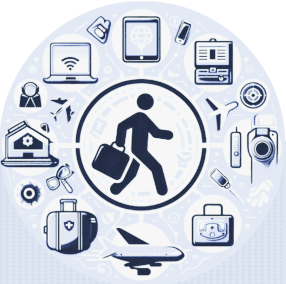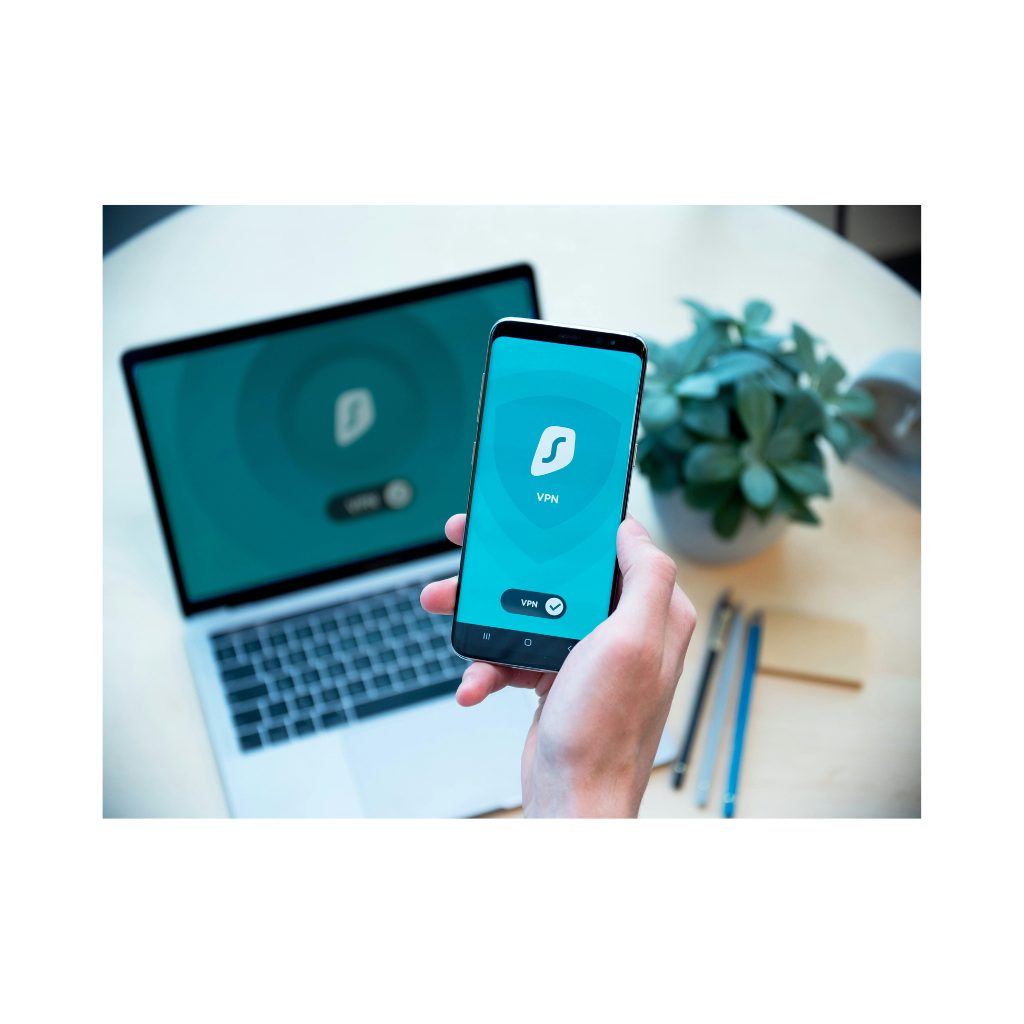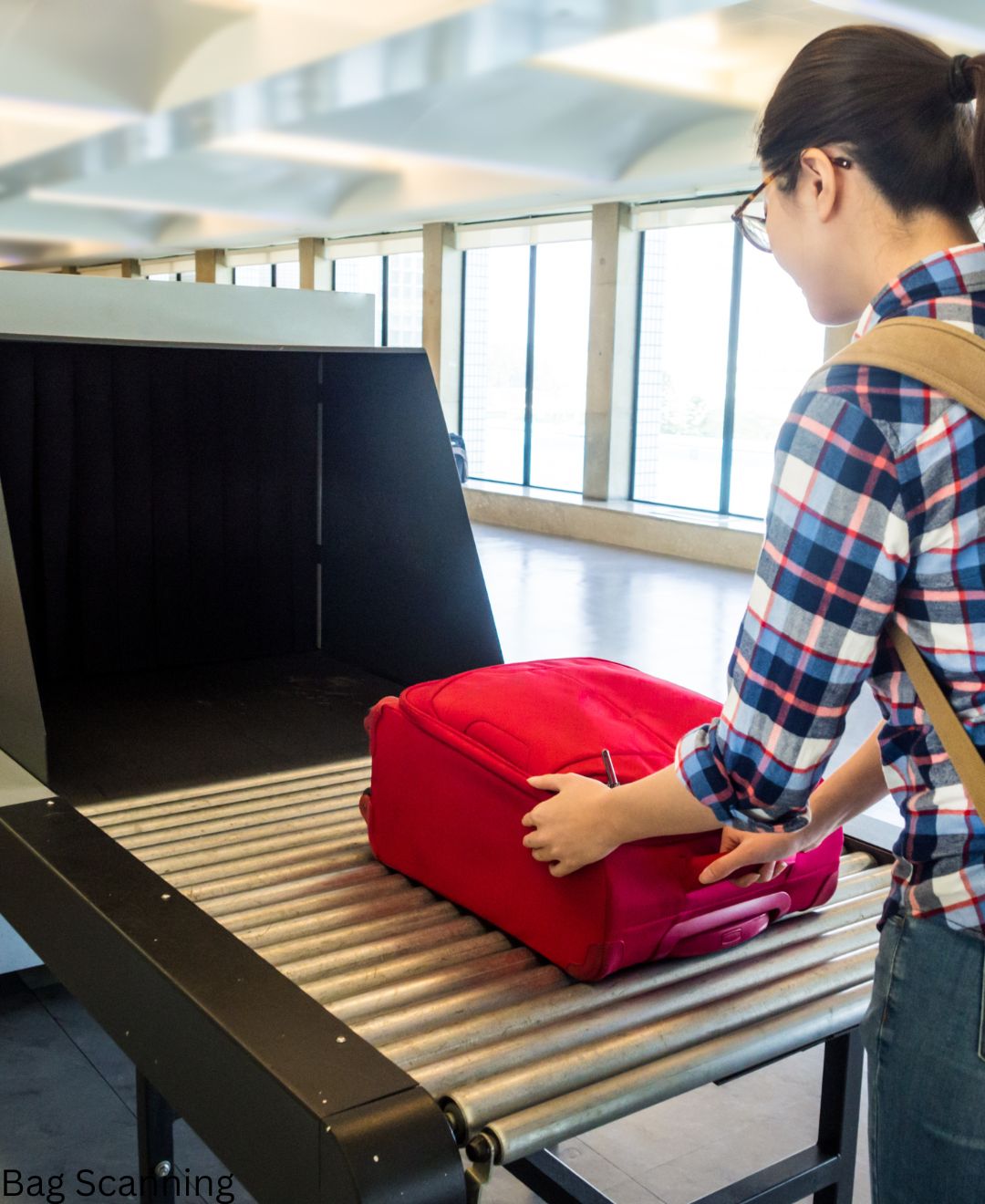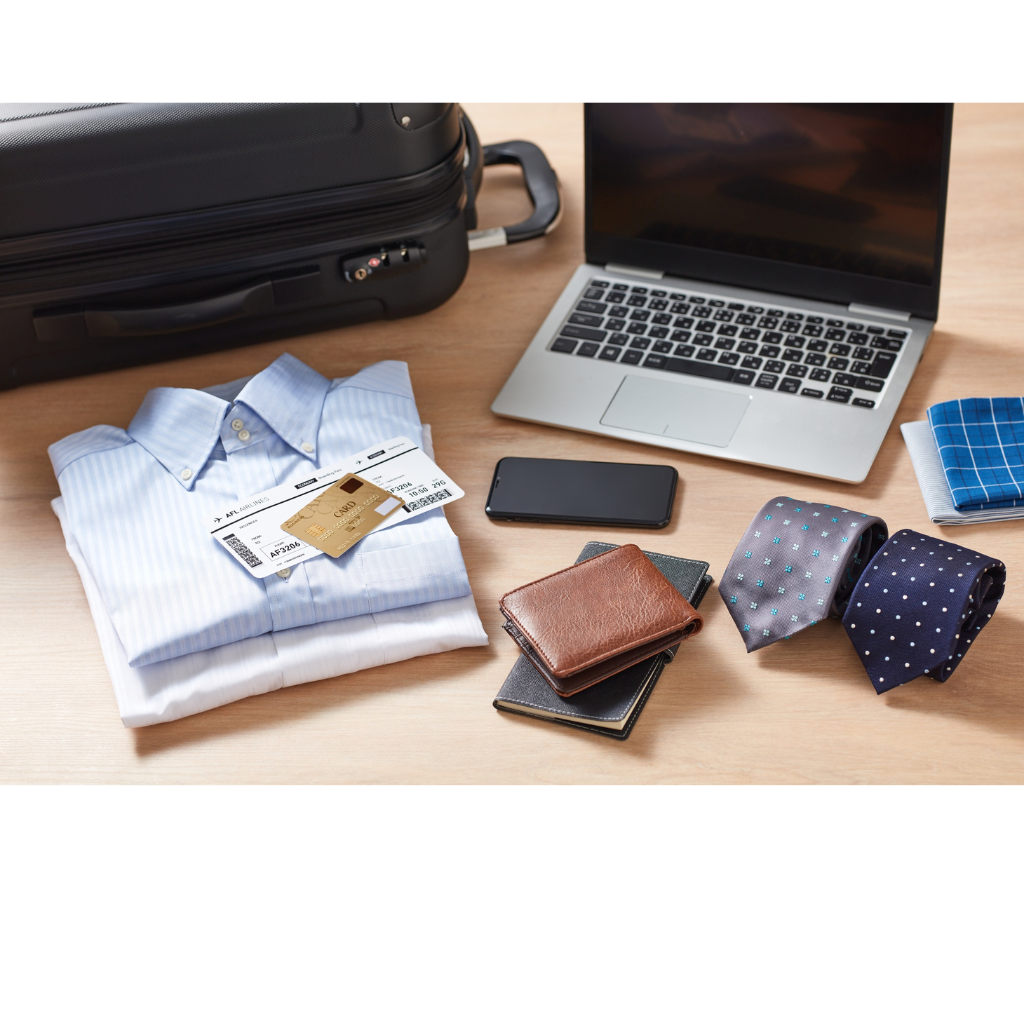This post contains affiliate links. If you purchase through these links, I may earn a commission at no extra cost to you.
Digital nomads, the adventurous souls working remotely from exotic locations or cozy local cafes, face a unique set of challenges in the realm of cybersecurity. This mobile lifestyle demands constant connectivity, often relying on public Wi-Fi, which can be a playground for cyber threats.
Remote work means your office is wherever you are—sometimes it’s a beach in Bali or a bustling café in Paris. But with this comes the risk of accessing sensitive information over unsecured networks, making it essential for digital nomads to understand and prioritize their cybersecurity needs.
The hustle may bring freedom and flexibility in work life, yet it comes with the responsibility to protect your digital identity and data. A single security breach can spell disaster, not just professionally but also personally. This is where having the right tools and knowledge becomes crucial.
By recognizing these risks and equipping yourself with robust cybersecurity tools, you ensure that your peace of mind travels with you, whether you’re sending emails from a hammock or coding while sipping espresso. Knowing the importance of cybersecurity is the first step in safeguarding your digital journey.
Essential Cybersecurity Tools for Safe Remote Work
Public Wi-Fi might be convenient, but it’s also a hotspot for data snoopers. This is where a Virtual Private Network (VPN) comes into play. By encrypting your data, a VPN keeps your online activities secure, even when you’re working on your laptop at an airport or coffee shop. Choosing a reliable VPN is crucial for shielding your private information from prying eyes. Consider these select reliable online security options to protect your identity:
NordVPN – The top VPN service for online security and among the fastest in the world.
Solis – The perfect travel companion that combines portable Wi-Fi and a power bank in one device.

Managing passwords can become chaotic, especially with the numerous accounts, apps, and platforms that digital nomads use. A password manager is your best friend in this situation. It not only stores your passwords safely but creates strong, unique ones for each account, ensuring your data stays protected without the hassle of remembering every single combination.
Adding an extra layer of security is always a good idea. Two-factor authentication (2FA) provides just that. It requires a second confirmation of your identity besides the usual username and password. This simple step can thwart any unauthorized attempts to access your accounts, keeping your work and data safe.
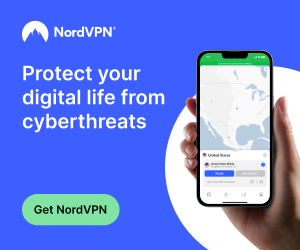 We can’t talk about cybersecurity without mentioning antivirus software. This tool is essential for protecting your devices from malware, viruses, and other threats. Regular scans and updates ensure that your device stays secure against the latest cyber threats, allowing you to work without worrying about compromising your data.
We can’t talk about cybersecurity without mentioning antivirus software. This tool is essential for protecting your devices from malware, viruses, and other threats. Regular scans and updates ensure that your device stays secure against the latest cyber threats, allowing you to work without worrying about compromising your data.
This post contains affiliate links. If you purchase through these links, I may earn a commission at no extra cost to you.
Securing Your Digital Life: Best Practices for Digital Nomads
Crafting secure passwords might sound basic, but it’s a vital step in protecting your online accounts. Avoid simple or predictable passwords. Lengthy combinations of letters, numbers, and special characters work best. And with a password manager, you can manage these without losing your mind.
Choosing the right tools and platforms is also important. Look for services that prioritize user security, have robust privacy policies, and maintain a good track record. Reviews can be insightful, so always have a look before hopping onto a new digital tool or service.
Routine checks and updates are your allies in cybersecurity. Keeping your software and hardware updated ensures they are fortified against emerging threats. Updates often include patches for known vulnerabilities, so never skip them.
Understanding data breaches is crucial in today’s digital world. Knowing how to respond if your data gets compromised can save you a lot of headaches. Stay informed about major breaches and regularly check if your information is secure. And if caught in a breach, act swiftly by changing passwords and notifying concerned platforms.
The Future of Cybersecurity for Digital Nomads: What’s Next?
As the digital landscape evolves, so do the tactics of cyber attackers. Staying ahead means staying informed about upcoming trends in cybersecurity. These days, artificial intelligence is making waves in this space, playing a crucial role in spotting and blocking threats faster than ever.
For digital nomads, especially those working globally, digital payment security is paramount. Ensuring transactions are secure protects both your finances and your peace of mind. Keep an eye out for advancements in encryption technologies, which promise to make online payments even safer.
Staying adaptable is key. Cybersecurity threats aren’t going anywhere, and digital nomads must be ready to tackle these challenges head-on. This involves continuous learning and adjusting to new tools and measures that might enter the market.
Looking forward, understanding, and adopting these growing security measures allows digital nomads to embrace the future with confidence. By doing this, you can continue to enjoy the freedom of your lifestyle, knowing that your digital world is well-guarded.
